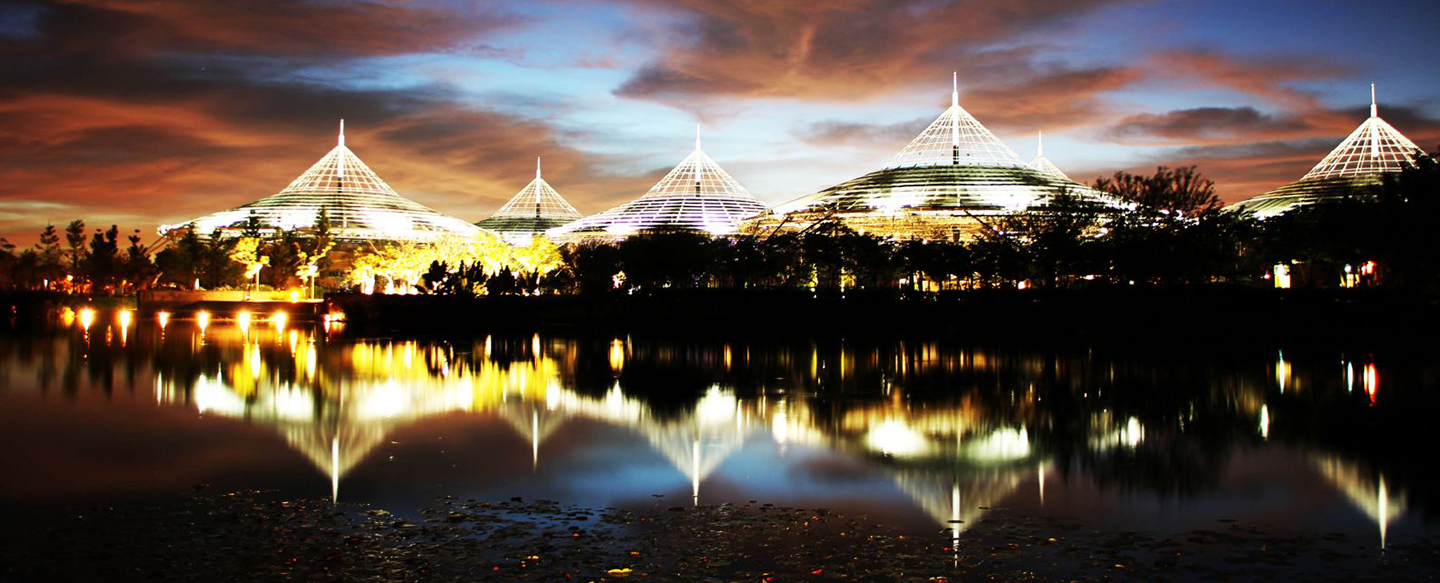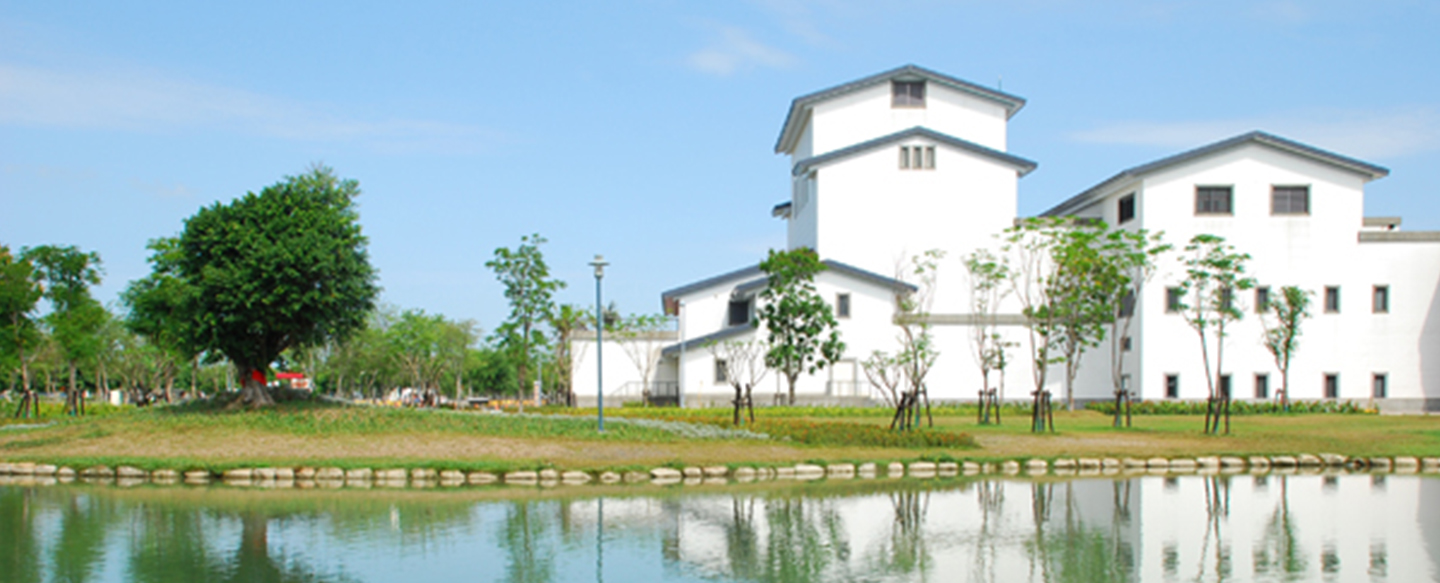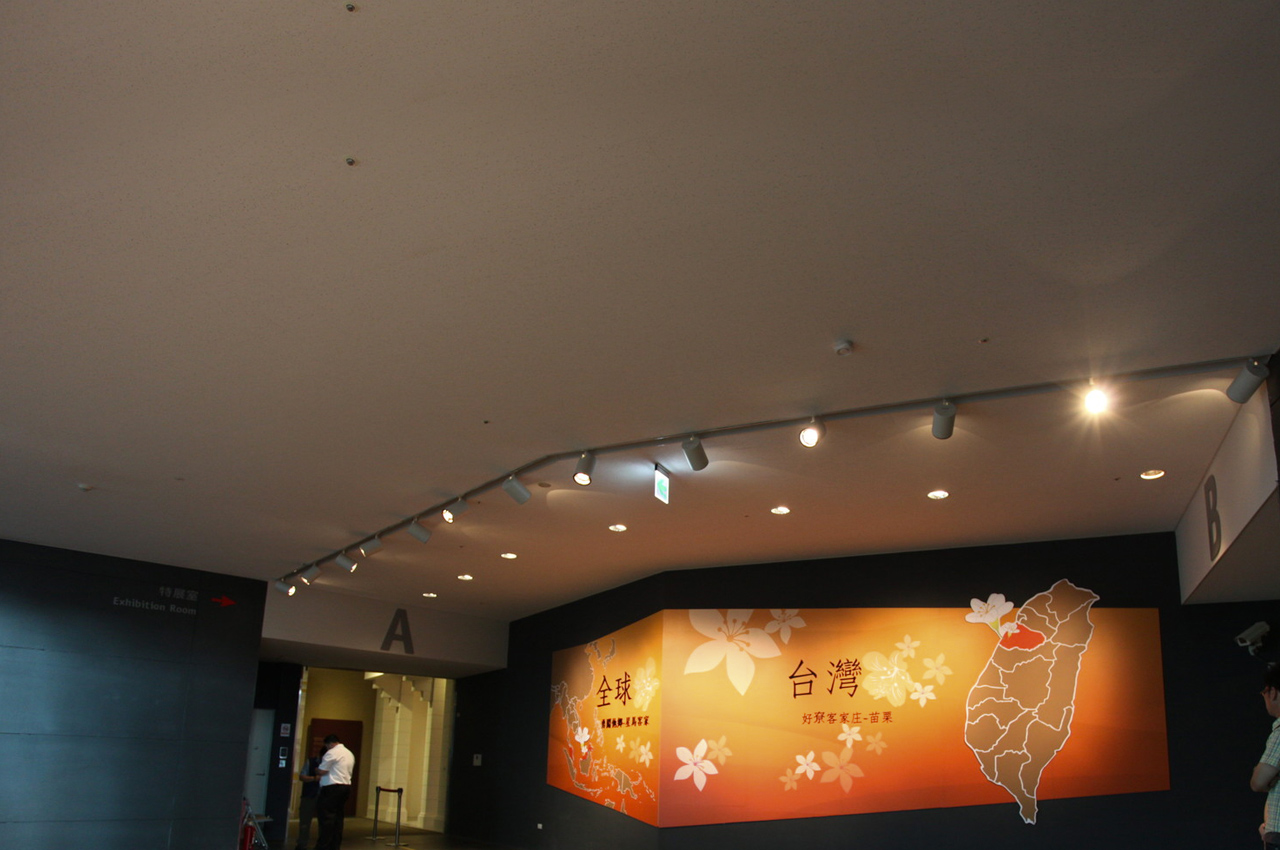Introduction
Introduction of Liugdui Hakka Cultural Park
【Introduction to the Liugdui Hakka Cultural Park】Choose Language→ 中文版 |Hakka Version|日本語|
【Roasting a Century Old Flavor- Tobacco Barn】
Tobacco Barn is where fresh jade green tobacco leaves are first dried in this dehydration plant, before turning into a crisp golden color. This is also the most challenging stage within the Liudui roasting process, a historical pinnacle left behind by the sovereign state of tobacco crop harvesting and production. The plantation's Tobacco Barn is contributed by Mr.Liang Kun He, from Pingtung City, High Tree community. It was constructed in Year 50 during the period of the Republic of China, according to the traditional Osaka styled Tobacco Barn. With the help of Mr.Liang Kun He's parents, Mr. Liang Lian-Ding and Ms.Liao Hui-Mei, both possessing a generation worth of experience under their belt that stretches close to 20 years of roasting harvested tobacco crop, an introduction of new machinery in Year 71 gradually culminated a space for leisure. In Year 98, Mr.Liang Kun He decided to hand out Tobacco Barn as a donation, and have it located in Liudui Hakka Cultural Park during the same year.
[A Century Old Yan Lou-A Trip Down Memory Lane] exhibition at Yan Lou exhibition hall takes inspiration from a young plantation worker's story,Mr.A Kun-Gu, narrating the activities of plantation workers back in the old days filled with communal joy and hard work.
【Moving Forward a Century Old Spirit –Rice Mill】
Rice Mill is where rice crops are processed into polished rice. It is also the symbolism of sweat and labor from Liudui's pioneers, with the rice granary being Pingtung's source of pride throughout history.

The traditional hulling machine (including surrounding equipment) present in Liugdui Hakka Cultural Park comes from Pingtung City, donated by Mr. Shi Xin-De, a third generation family member whose family owns a rice mill that dates back to 100 years. Designed during the Showa period in Japan, this hulling machine has undergone Taiwan's prosperity and decline in rice production. In year 83, it has officially ceased operation with Mr. Shi Xin-De's retirement. Under the entrustment of the Hakka committee and guidance from Dr. Xie Qin-Chang, an extensive procedure was carried out to remove and restore the hulling machine. It was successfully relocated to Liudui Cultural Park's interior and its construction was completed in Year 98. Spanning a century, this monumental hulling machine not only represents a significant part in the Liudui Hakka Community, but also plays an important role in preserving tradition and educating the public.
[A Century Old Rice Mill-Following with Gold] exhibition takes inspiration from a farmer's story, Mr.A Jin, recounting the entire process before entering and after exiting the rice mill, which is closely intertwined with honing social and technical skills.
【Hakka Land】
[Hakka Land]showcases a breakthrough in the conventional manner of presenting information to younger audience. This is based on a core value of interactive learning in [Featured Hakka Industries] and [Hakka Folklore Theater] through sensory perception and role play. Another [cosplay] themed setup in the Hakka wonderland provides room for imagination in the virtual world that surpasses constraints in the real word.
Exhibition location: Multimedia Hall,2F
【LIUDUI WOMEN】
Through the lens of distinguished photographers Li Xiu-Yun and Liu An-Ming, moments of Liudui women’s way of life are captured; poets Zeng Gui-Hai and Li Yu-fang’s participant observation uncovers Liudui women’s boundless contribution toward their land, dedication toward their family, determination to safeguard their community, as well as the promising future that awaits today’s Liudui women, just like the blossoming purple melia flower in springtime.
Exhibition location: Multimedia Hall,1F



